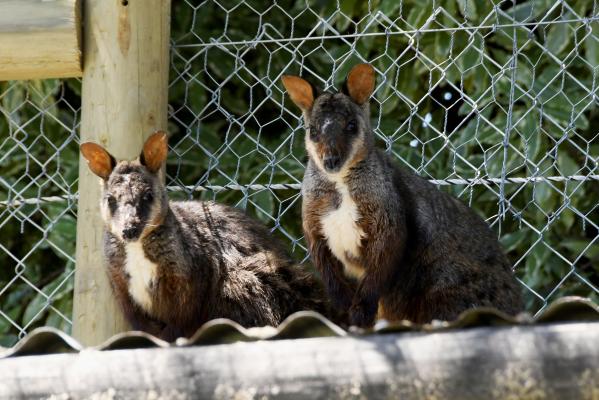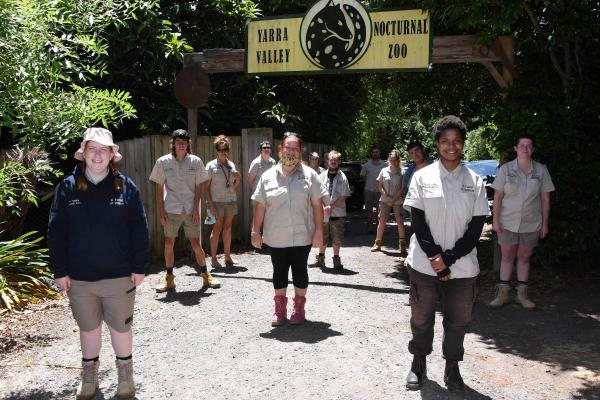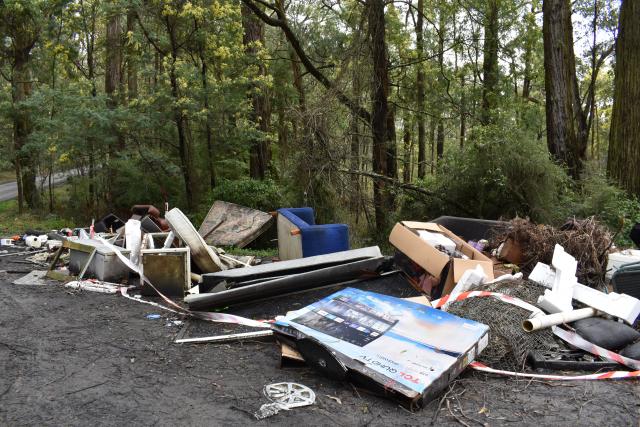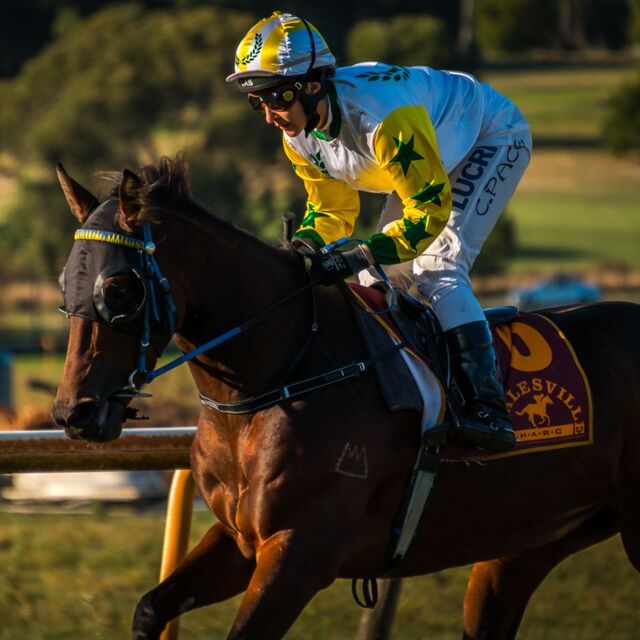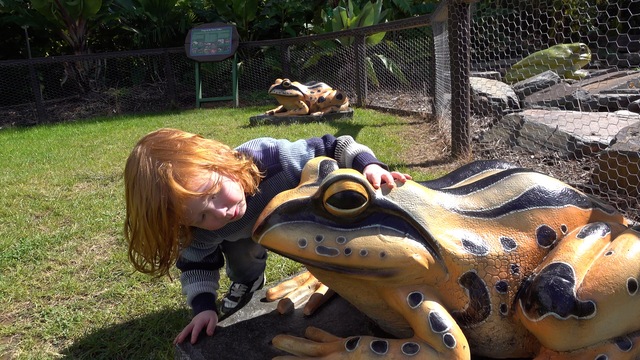The Yarra Valley Nocturnal Zoo has some exciting new arrivals, with five southern brush-tail rock wallabies now calling Mount Evelyn home.
Zookeeper at Yarra Valley Nocturnal Zoo, Thomas Hennessey said the southern brush-tail rock wallaby is the rarest marsupial in Victoria.
“We’re setting up a breeding colony and are one of the very few zoo’s in Australia to display the southern brush-tail rock wallaby, so we’re very unique,” Mr Hennessey said.
Once a common marsupial, southern brush-tail rock wallabies were almost completely wiped out by the fur trade in the 19th and 20th centuries, and by 1990, the animal was on the brick on extinction. To date, there is estimated to be between 40-70 of the animals left in the wild.
The Yarra Valley Nocturnal Zoo plans to establish a captive breeding colony to assist with a state-wide effort to bring the southern brush-tailed rock wallaby back from the brink, with the end goal being to release the animals back into the wild.
“It is fantastic to have such a unique species in Mount Evelyn, it’s fantastic to see something that not many people get to see in the wild due to their low numbers,” Mr Hennessey said.
The Yarra Valley Nocturnal Zoo is run through the NDIS and gives people with disabilities the opportunity to work as zookeepers and learn how to present and take tours.
Owner of Yarra Valley Nocturnal Zoo Steven Handy said he and his wife Louise saw a real need for this sort of thing when they opened the zoo four years ago.
“Me and my wife worked in disability for 25 years each and wanted to do something really cool. One of the hardest things for people to get into is zookeeping, so we thought, let’s start a zoo and see how it goes,” Steven said.
The zoo runs free tours for local community groups, schools, kindergartens and clubs, with visitors able to interact with over 450 animals.
The long list of animals residing at the zoo includes a koala, quolls, wombats, a wedge-tail eagle, a crocodile and one of the world’s rarest pythons – an oenpelli. The zoo looks forward to soon being able to introduce community groups and classes to their new resident southern brush-tailed rock wallabies – and has plans in the pipeline to run night tours from the York on Lilydale for members of the public.

